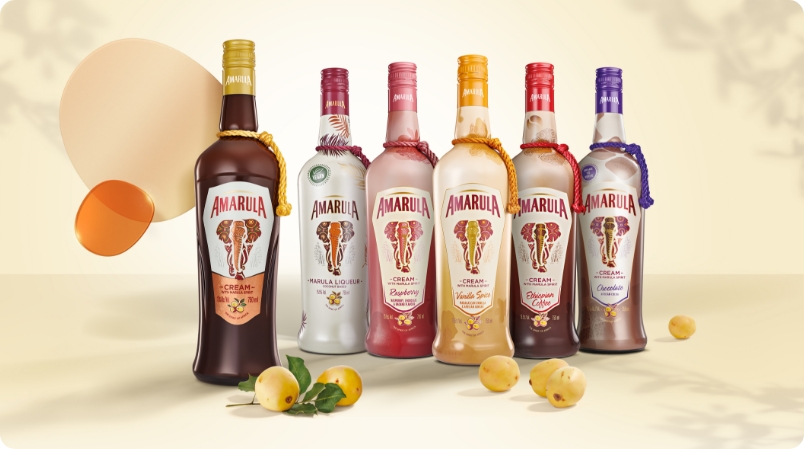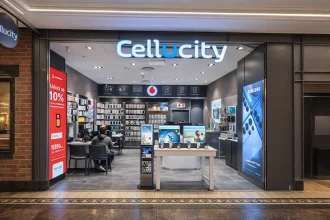The Western Cape High Court recently delivered its verdict on a high-stakes legal battle between Amarula, a globally recognised South African liqueur, and Afrula, a new contender eyeing the marula cream market. The case, brought by The Southern Liqueur Company, sought to protect the iconic Amarula brand from what it deemed as trademark infringement by Noble Spirit, the company behind Afrula.
Amarula’s Legacy and Afrula’s Entry
The Southern Liqueur Company, a subsidiary of Distell Group Limited, is the producer of Amarula Cream Liqueur, a popular beverage known for its rich African heritage and distinctive elephant branding. Distell, a leading South African company in the alcoholic beverage industry, boasts an extensive portfolio of premium wines, spirits, and ready-to-drink products.
Noble Spirit, the respondent, announced its intention to introduce Afrula, a marula cream liqueur, to the South African market. The company’s proposed branding featured an African motif and a logo that resembled an elephant’s head, elements that closely align with Amarula’s well-established branding.
Grounds for the Dispute
The applicant argued that Afrula’s name and branding were confusingly similar to Amarula, likely to mislead consumers and cause brand dilution. They claimed that the similarity could deceive the public, especially since both products would target the same market. Furthermore, Amarula’s representatives highlighted their significant marketing investment, which exceeded R373 million between 2009 and 2018, including extensive coverage during the 2010 FIFA World Cup.
The applicant contended that any association between Afrula and Amarula would unfairly exploit Amarula’s reputation and undermine its brand equity.
Afrula’s Defense: Distinguishable Yet Similar
Noble Spirit countered that the two brands could coexist peacefully, as the similarity lay only in the “rula” suffix. They argued that discerning consumers of alcoholic beverages would easily differentiate between Amarula and Afrula. Noble Spirit also pointed out that Afrula had yet to hit the shelves, making any claims of market confusion premature.
They further argued that their logo, featuring what they described as an “African woman,” was distinct enough to avoid consumer deception.
Court’s Verdict: Protecting Amarula’s Brand
Acting Judge RK Parker ruled in favour of Amarula, acknowledging the likelihood of brand confusion and unfair advantage. The court found that Afrula’s branding could exploit Amarula’s distinctive character, even though the product had not yet been launched. While the judge acknowledged that no passing off had occurred yet due to Afrula’s lack of market presence, he upheld Amarula’s trademark rights.
Judge Parker granted an interdict preventing Noble Spirit from using the Afrula trademark, effectively safeguarding Amarula’s brand integrity.
Conclusion
This case underscores the importance of protecting intellectual property in South Africa’s competitive beverage market. For Amarula, this victory not only secures its dominance but also sets a precedent for defending well-established trademarks against new entrants seeking to capitalise on brand familiarity.











